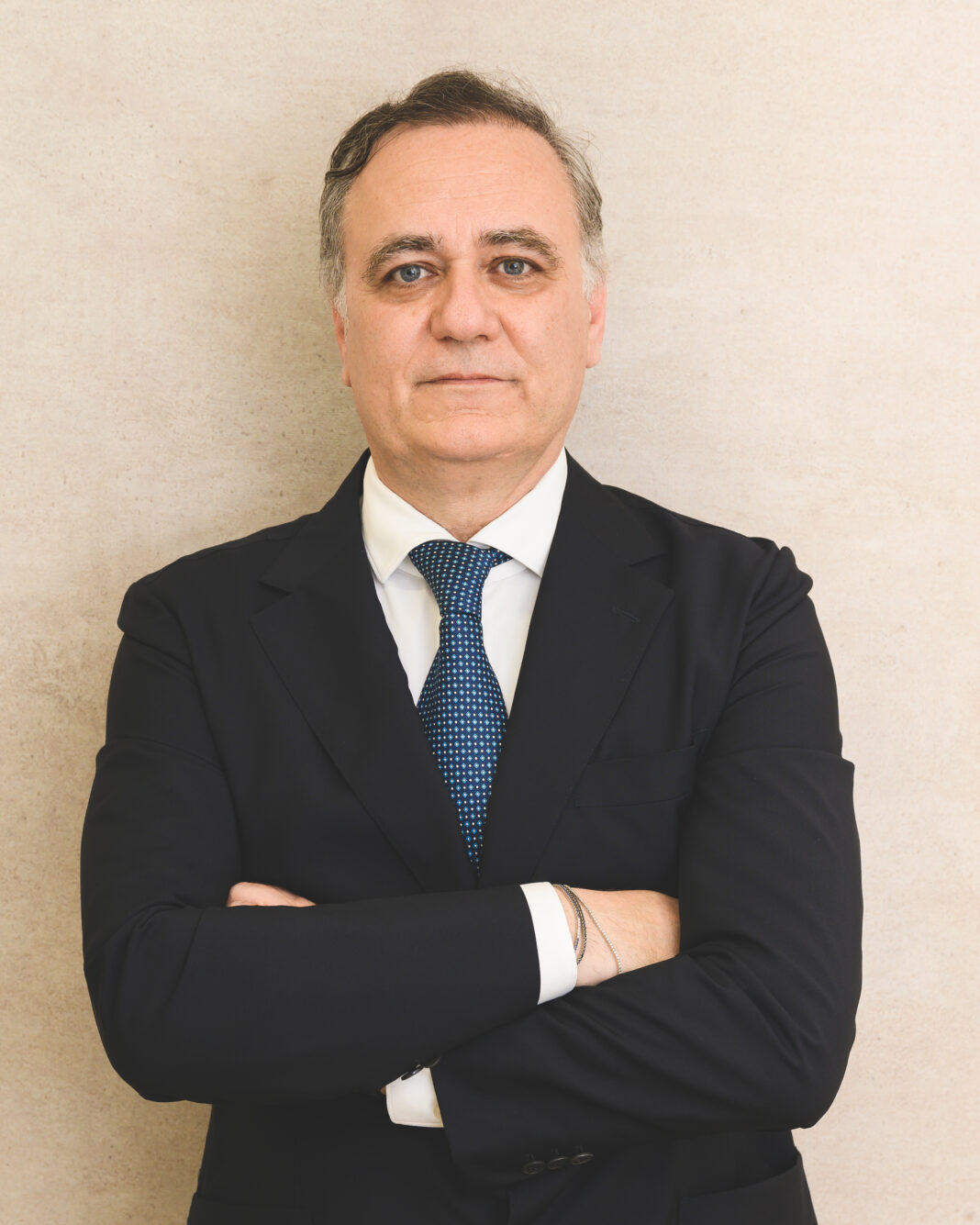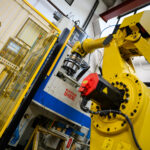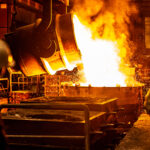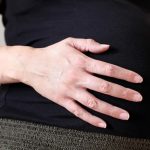The Council of Ministers of 28 September 2022 definitively approved the text of the corrective decree to Legislative Decree 36/2021 entitled ‘Reorganisation and reform of the provisions on professional and amateur sports bodies, as well as on sports work’. Illustrating the latest novelties introduced by the decree in question is Dr Sergio di Meo, a well-known accountant from Aversa, who is particularly qualified in labour and legal consultancy to Italian small and medium-sized enterprises (SMEs).
Dr. Di Meo, what new features has Legislative Decree 36/2021 introduced?
The legislative process for the reorganisation of the provisions on sports work began with Law No. 86 of 8 August 2019 and, in particular, with Article 5, which sets out the objective of ensuring equal treatment and non-discrimination in sports work, both in the amateur and professional sectors, to this end dictating a series of guiding principles and criteria applicable, regardless of the amateur or professional nature of the sports activity, to be transposed by legislative decrees implementing the delegated law. Legislative Decree No. 36 of 28 February 2021 concerns the implementation of Article 5 and specifically provided for the total equalization between work carried out in the professional sector and work carried out in the amateur sector, but even more pregnant is the provision of ‘a presumption of subordinate work in the professional sector’.
The corrective decree has reformed and supplemented the Spadafora decree and in particular has regulated amateur work; it has applied a facilitated social security rate in the amateur sector with a relief of five years; it has simplified fulfilments; it has introduced a social security amnesty for pre-existing relationships. The most important part certainly concerns sports work.
As of 1 January 2023 (unless extended at the last minute), the discipline of Article 67 of the TUIR will no longer be applied, which did not specify the persons who could benefit from the so-called sports fees; Article 25 of the new decree typifies all the figures that fall under the notion of a sports worker: athlete, coach, instructor, technical director, sports director, athletic trainer, competition director, team manager, accompanying manager, etc. . All these figures are to be considered sports workers. Excluded from this are only volunteers, i.e. those who receive no remuneration but only reimbursement of expenses. For these figures, only civil liability insurance is required. With regard to the qualification of the relationship, sports work can take on a subordinate, autonomous or co.co.co. nature, depending on the manner in which the relationship is carried out.
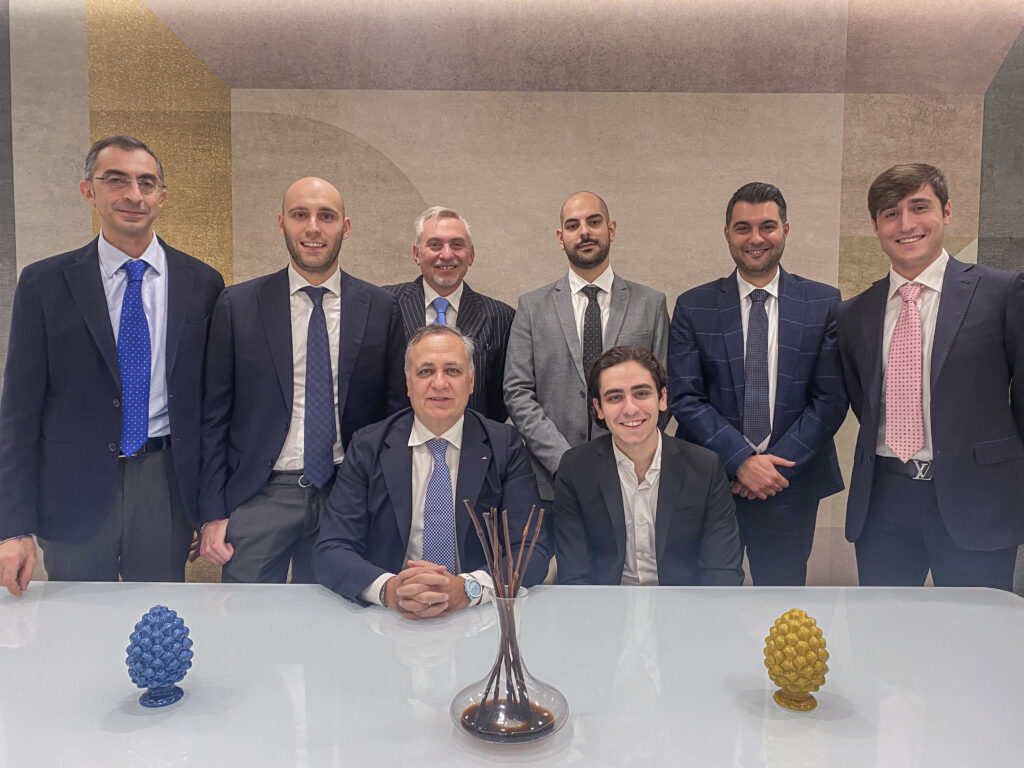
So what are the changes compared to the original version of Legislative Decree 36/2021?
The corrective has reintroduced the exemption provided for in Article 2, paragraph 2, letter D of Legislative Decree 81 (Job Act), pursuant to which co.co.s rendered for institutional purposes in favour of amateur sports clubs are not automatically re-qualified as subordinate work. Ultimately, there will no longer be professional and amateur sportsmen and women, but there will be an area of professional (profit-making) and an area of amateur (non-profit-making) sports clubs. In the professional sector, the rule will be the subordinate employment relationship, whereas in the amateur sector, the service is presumed to be self-employment in the form of co.co.co. when: 1) the duration of the service does not exceed 18 hours per week; 2) the services are performed in compliance with the regulations of the FSN, DSA and EPS. Here the first application problems of the corrective measure arise; how is the limit of 18 hours per week to be counted? As an upper limit week by week or as a weekly average within the overall duration of the relationship? The hours dedicated to physical strengthening (weights) could be excluded from the count, which from a contractual obligation could instead become an activity ‘recommended’ by the company.
Coming to the examination of the factor that has most changed sports work, namely remuneration, what changes have been introduced?
First of all, it must be said that there will no longer be amateur sports fees as provided for in Article 67 of the T.U.I.R.. For this purpose, bands of fees have been established with different tax and social security taxation, which in detail are outlined as follows:
1. Fees up to €5,000: total exemption from taxes and social security contributions. The clubs or sports bodies will still have to provide the worker with the single certificate and will have to pay an Inail premium to be determined by a forthcoming decree;
2. Compensation from 5,000 to 15,000 euros; for CO.CO.s there is a total tax exemption but social security contributions are paid on the taxable amount exceeding 5,000 euros at a rate of 25% with a contribution relief of 50% until 2027; for subordinate sports workers the contribution is 33% without any relief. Sports clubs and organisations must give prior notice of the establishment of the employment relationship to the Register of Amateur Activities set up at the CONI.
3. Fees from 15,000 and above: these sums are subject to ordinary taxation according to the current tax regulations; social security contributions, up to a ceiling of 105,000 euros, are due at the rate of 25% with a 50% contribution relief until 2027. The companies, in addition to the fulfilment of prior communications to the amateur activities register of the CONI (this communication replaces to all intents and purposes the UNILAV of employment) will have to process the L.U.L. and will be obliged to communicate the Uniemens model to INPS on a monthly basis.
We are therefore in the presence of a total revolution that will have a considerable economic impact, especially on amateur clubs and minor sports, in the presence of major criticalities that will certainly make it more complicated and burdensome to play sport at amateur level.
Exactly! Think, for example, of the A2 and A3 amateur volleyball and basketball clubs, or, even more so, of gyms and swimming pools, which will see an increase of about 25 per cent in the cost of fees paid to sports workers.
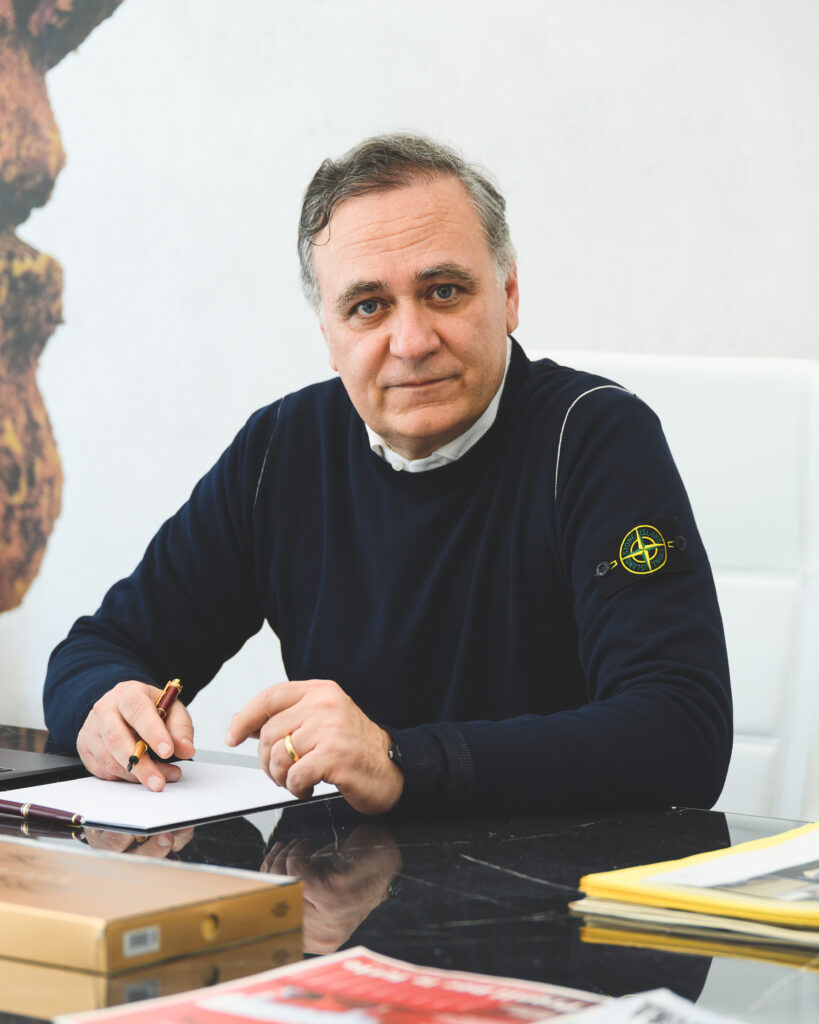
So, what are the critical points of this decree law?
Let us point out the most significant ones in order for the reader to understand how it will change the world of amateur sport. First of all, we must consider that, as of today, there is no reference CCNL, so everything will be delegated, with not a few difficulties, to the signing of the same between the clubs and the players’ association. A problem of no small importance considering, for example, that exceeding the 18-hour week will be a loophole that will inevitably bring the problem to the legal tables, aggravating the position of the clubs even more. In fact, the specific nature of the world of sport has not been taken into account at all, wanting to graft civil and labour laws onto it without absolutely taking into account the indications not only of case law but also administrative practice (INL Circular 1/2016). An opportunity was therefore missed to typify sports work by framing it instead within the broader scope of the current labour law typologies with the consequence that the claims of ‘sports workers’ could be the harbinger of endless lawsuits as there is also no case law on the subject. In short, we have moved from a context with no protection to a ‘super-protected’ context where the threshold between the subordinate work of professionalism and that of the CO.CO. of amateurism can, depending on the interpretation, be so thin that we would find ourselves dealing equally with two very different realities such as that of professional football and that of minor sports. Amateur sports associations and clubs will therefore face serious risks of survival due to the unsustainable nature of the higher costs to be borne, where very often they are based above all on the passion of the entrepreneur on duty who makes his city team a symbol, especially in the country’s smallest realities where the passion and enthusiasm to feel a common sense of belonging still exists.
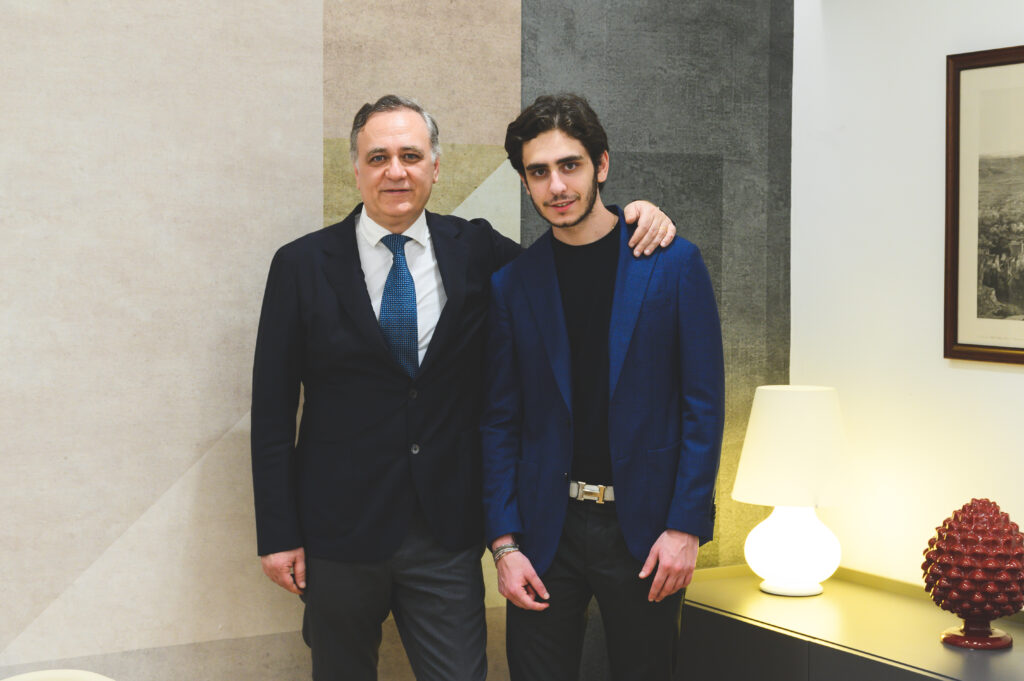
And what about the owners of gyms and swimming pools?
Already at a time when energy increases have called into serious question the possibility of continuing their activities, they will find themselves, as of 1 January 2023, having to hire their own instructors with a significant increase in costs, with the only possibility of passing them on to the end users, which would lead to a natural reduction in the number of practitioners where they would not have the capacity to sustain the increased expenditure.
We therefore hope that this decree law can be the subject of serious consideration, also because, as it will come into force on 1 January 2023, it would not fit in well with the 2022/2023 competitive sporting year, which in the vast majority of cases began in September, and this would entail many doubts and interpretations for its application.
Let us ensure, while safeguarding the very just protection of sports workers, that sport continues to play a decisive role in our culture, both social and family, thanks to its great educational function. The anthropologist Marcell Mauss defined sporting practice as ‘a social fact’, and thus a fundamental moment of education capable of making a decisive contribution to the formation of those who practise it. So let it teach us to overcome limitations, but above all to realise the dreams of so many children who, above all, find redemption in their lives thanks to it.










































